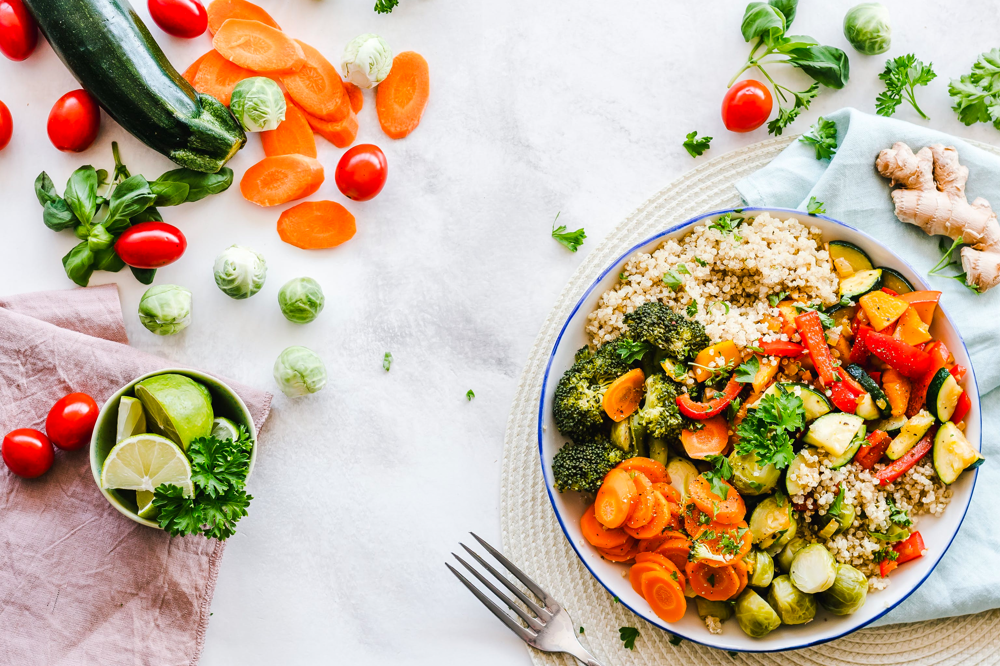
Effective Dietary Tips for IBS
IBS stands for Irritable bowel Syndrome. This condition can have a wide variety of triggers that lead to symptoms that can sometimes feel unmanageable. Symptoms generally vary between individuals. IBS patients should know what can and cannot be included in their diet. Dietary changes with some attention to exercises can be of great help in the management of IBS. Some of the dietary tips to manage IBS are as follows:
- Avoid gluten: Gluten is a very common protein that is found in many commonplace food substances such as barley, wheat, and rye. Doctors usually recommend removing food substances that include gluten from the diet for IBS patients. Most of the cereals, pasta, grains, and several types of processed foods are known to contain gluten. It has been observed that gluten can trigger IBS symptoms even if patients who do not suffer from celiac disease.
- Increase the fiber content: Constipation is one of the biggest problems that accompany IBS. The advantage of including high-fiber food substances in the diet would be their capability of making the stools softer and easier to pass, thereby reducing the problem of constipation.
As per the 2015-2020 Dietary Guidelines, it is suggested that adults should inculcate at least 22 grams to 34 grams of fiber in a day. Two common types of fiber are found in regular food products. They are soluble fiber (the kind found in oats products, fruits, beans, etc.) and insoluble fiber (the kind present in vegetables and whole-grain products).
According to research, soluble fiber is the type that plays a major role in relieving the symptoms of IBS. While inculcating food substances with fiber in them, it should be done at a slow and gradual pace. A sudden increase in fiber content in the diet can cause gas which can further trigger more symptoms. Fiber should be added in steps of 2 to 3 grams dosages to the diet every day.
- Adapting a low FODMAP diet: “Fermentable Oligo-, Di-, Monosaccharides and polyols” is the expansion for FODMAP. It is one of the most common diets prescribed for IBS patients.
A low FODMAP diet would be designed so that food substances with carbohydrates that are difficult to digest would be avoided. These carbohydrates that are difficult to digest are termed as FODMAPS.
Initially, doctors suggest that patients give a try to this low FODMAP diet for a few weeks. In the light of a positive response to the diet and improvement, food substances that contain FODMAPs may slowly be reintroduced into the diet. This can help individuals identify the food substances with FODMAPs that they can consume without triggering IBS symptoms.
Some examples of food substances that this diet would exclude are fruits (such as watermelons, mango, cherries, apricots, plums, pears, apples, blackberries, etc.), vegetables (such as onions, garlic salts, cauliflower, asparagus, beans, cabbage, artichokes, etc.), dairy produces, honey, high-fructose corn syrup, rye, and wheat products.



